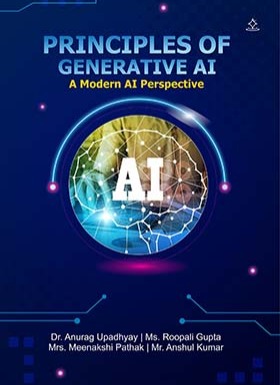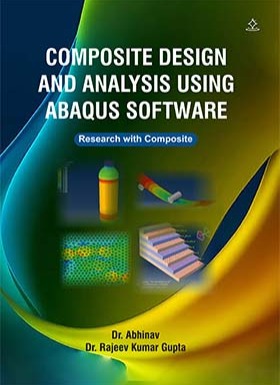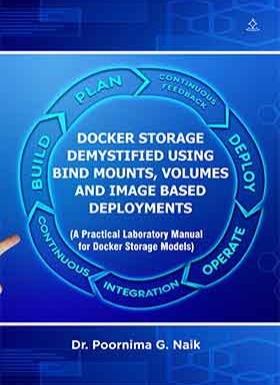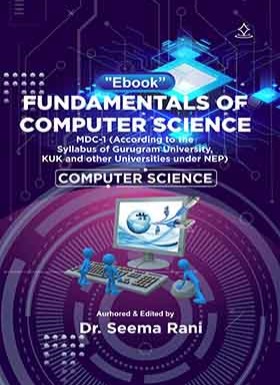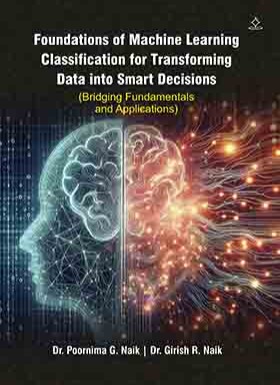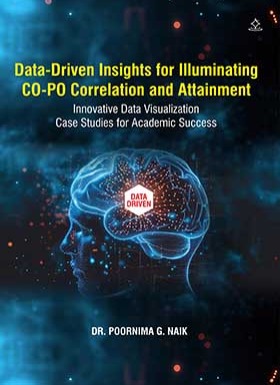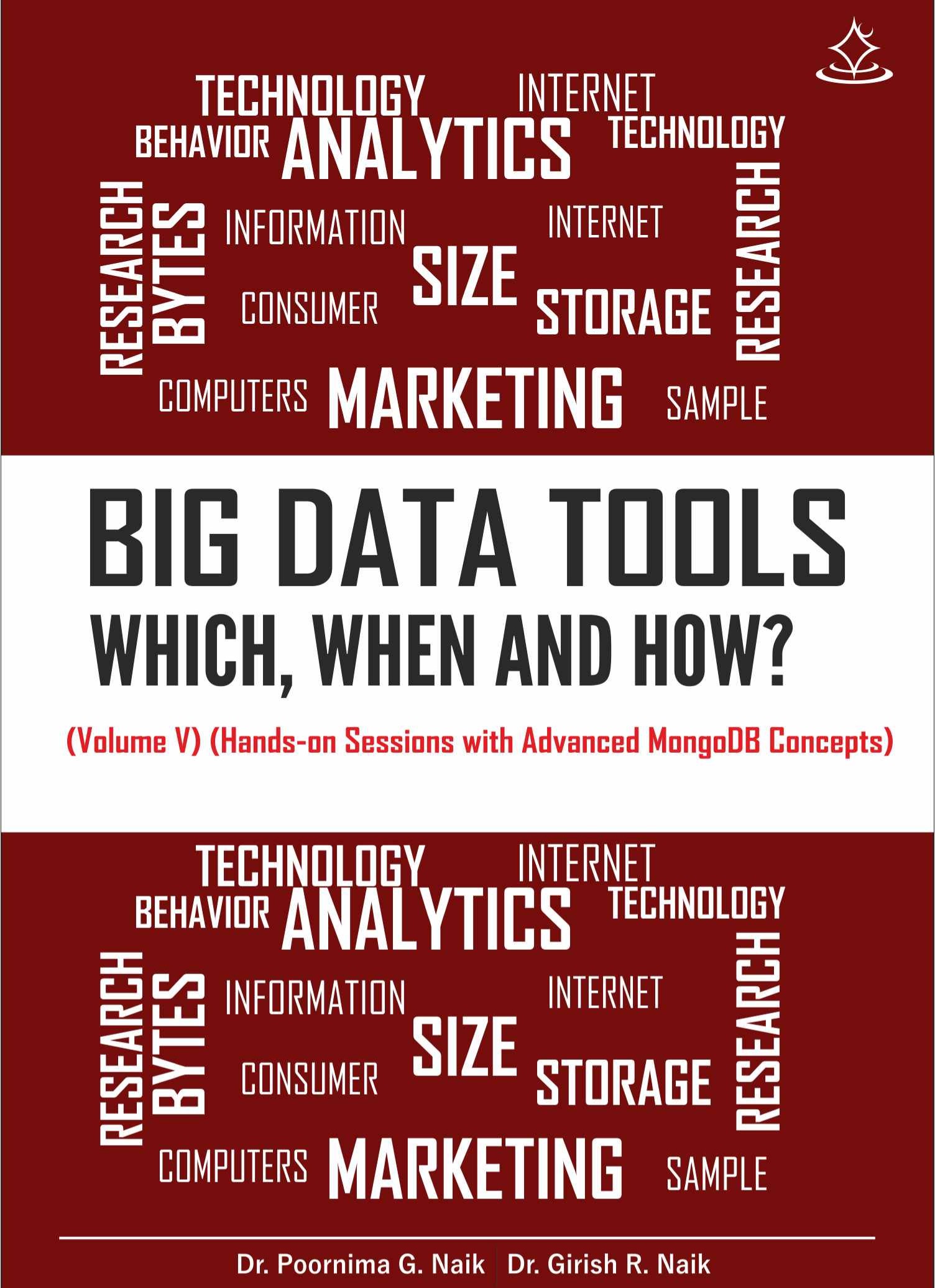


ISBN : 978-93-90290-46-8
Category : Academic
Catalogue : Computer
ID : SB20040
Big Data Tools – Which, When and How? (Volume– V)
(Hands-on Sessions with Advanced MongoDB)
5.0
Dr. Poornima G. Naik Dr. Girish R. Naik
Paperback
650.00
e Book
250.00
Pages : 382
Language : English
About Book
The book is intended for serious learners of MongoDB which provides exposure to pretty advanced concepts in MongoDB such as different approaches for modeling relationships in MongoDB, querying MongoDB relationships containing documents, covered queries, analyzing queries using $explain and $hint operators, data backup and restoration, security control mechanism in MongoDB, data replication, sharding, advanced indexing and text searching based on regular expressions. The book provides in-depth understanding of embedded and referenced relationships between documents in MongoDB with selection criteria and appropriate examples in each case. The salient feature of relationships conforms to dynamic lookup in the collection employing DBRefs. MongoDB supports atomicity at document-level and not at collection-level i.e. MongoDB does not support multi-document atomic transactions which dictates a design policy for placing all related information in a single document employing embedded approach which is demonstrated with a suitable example. Data backup is one of the vital and highly required task for any database management system. MongoDB supports different mechanisms for taking data backup using ‘mongodump’, ‘mongoexport’ tools which are discussed at length along with their counterparts for restoring data, ‘mongorestore’ and ‘mongoimport’. It is very important to implement security in databases to ensure that the data in the database is kept safe against data misuse. MongoDB has the ability to define security mechanisms to databases. The highlights of security mechanism are enabling authorization in ‘mongod.cfg’ configuration file, role-based database administration. Data replication and sharding play a key role in load balancing and fault tolerance. A step-by-step approach to simulating replication and sharding on local machines is given to appreciate their role in setting up robust distributed environment so that even the reader without adequate infrastructure in place,
Customer Reviews

